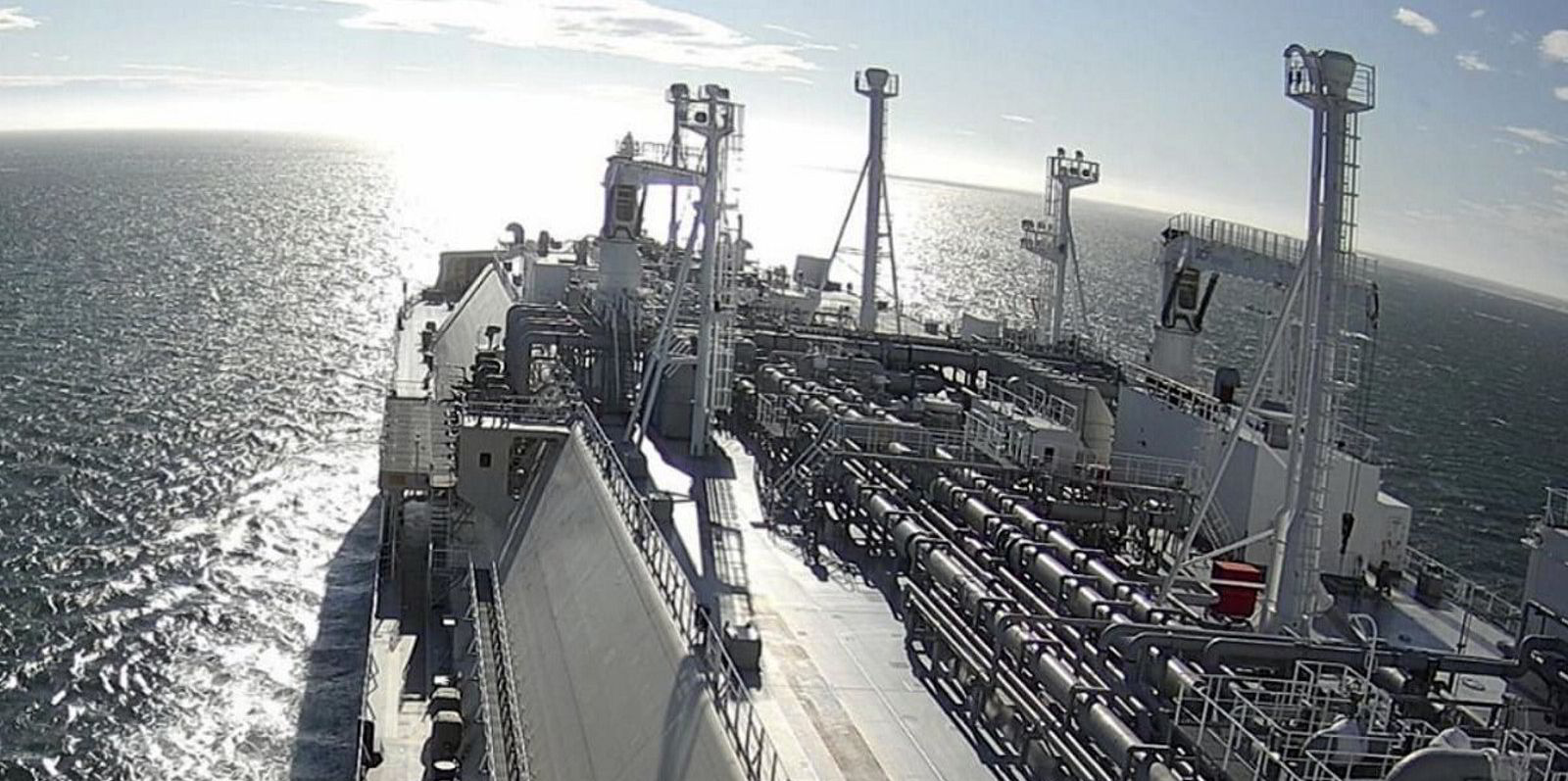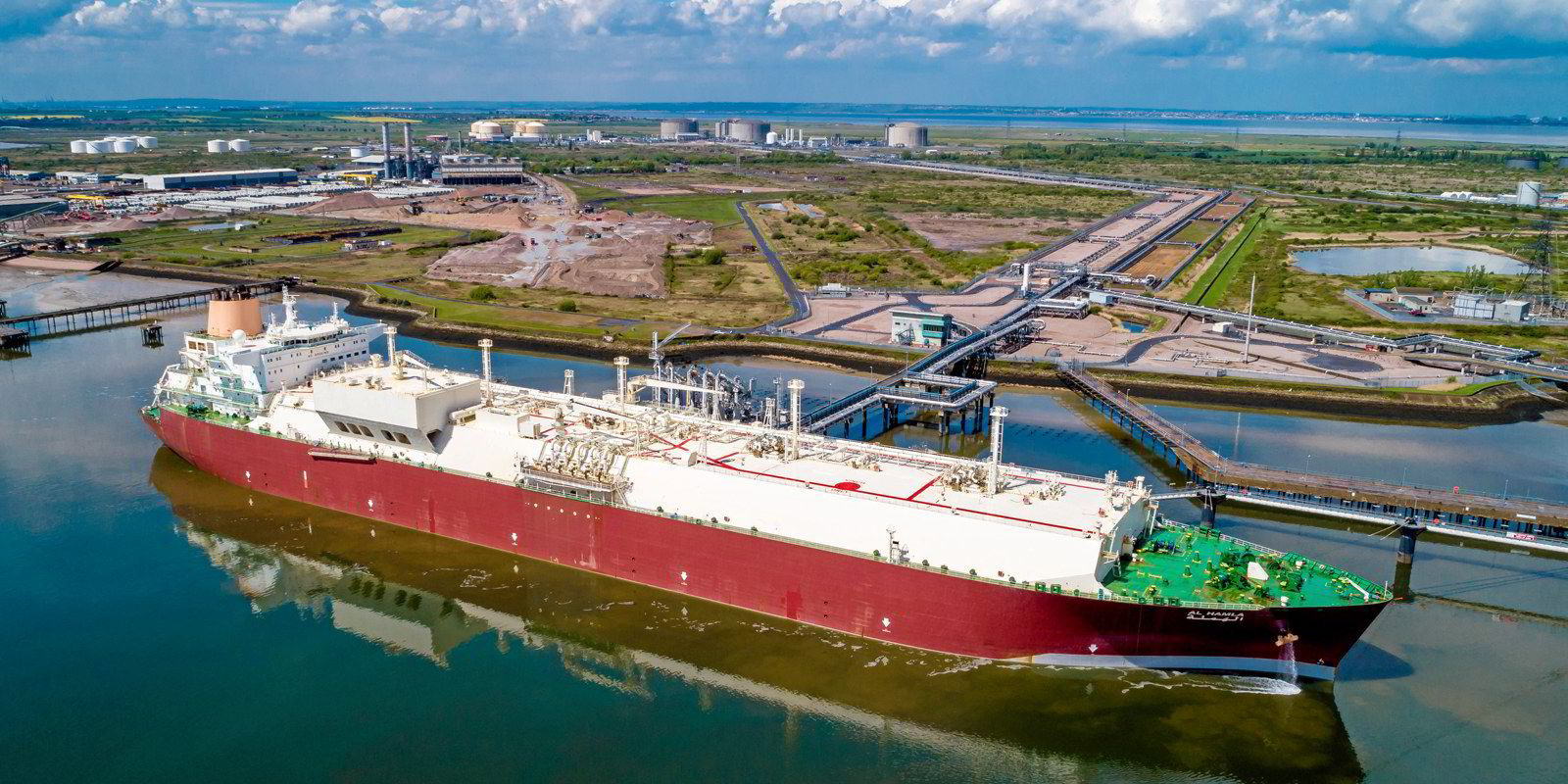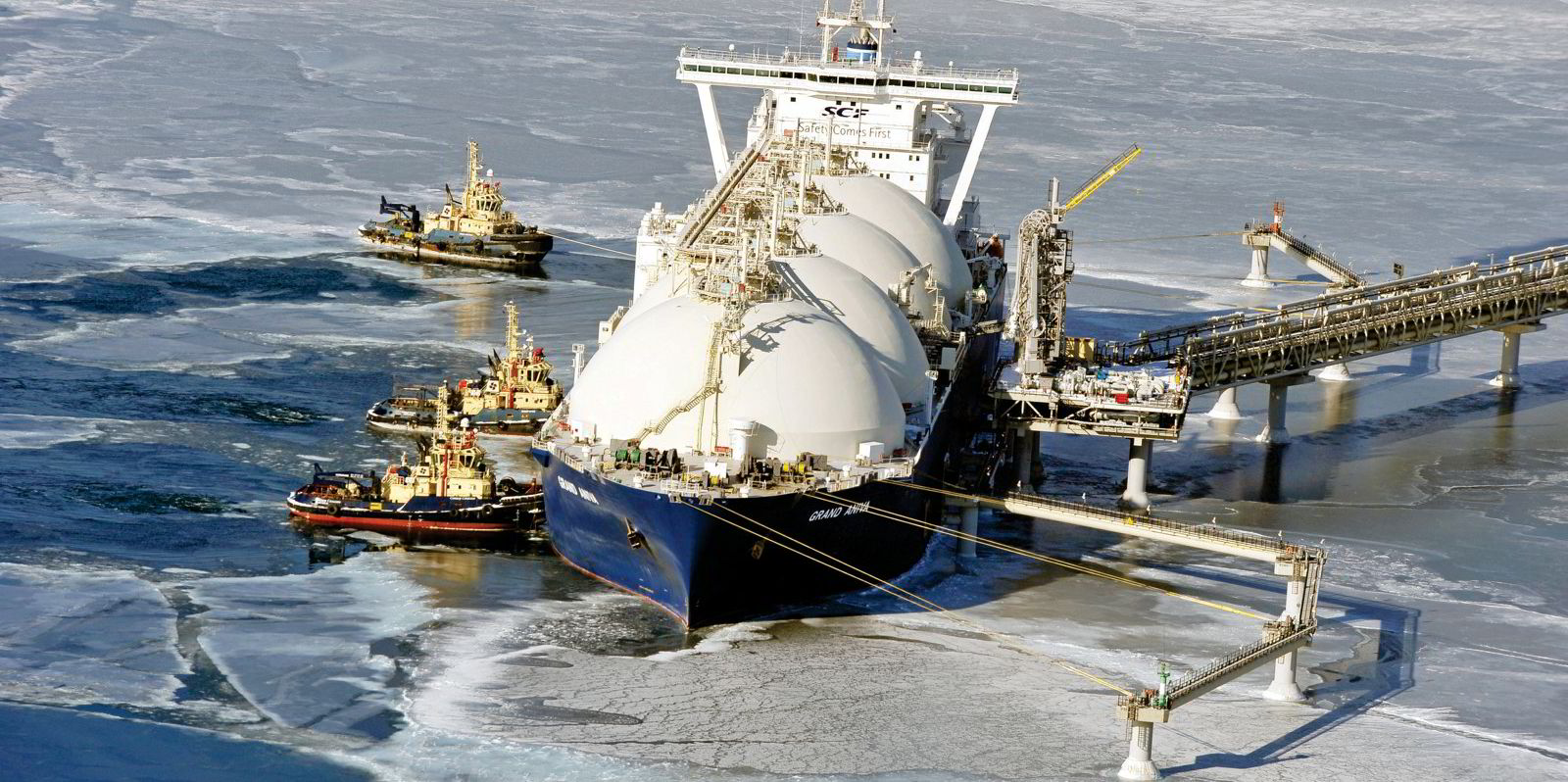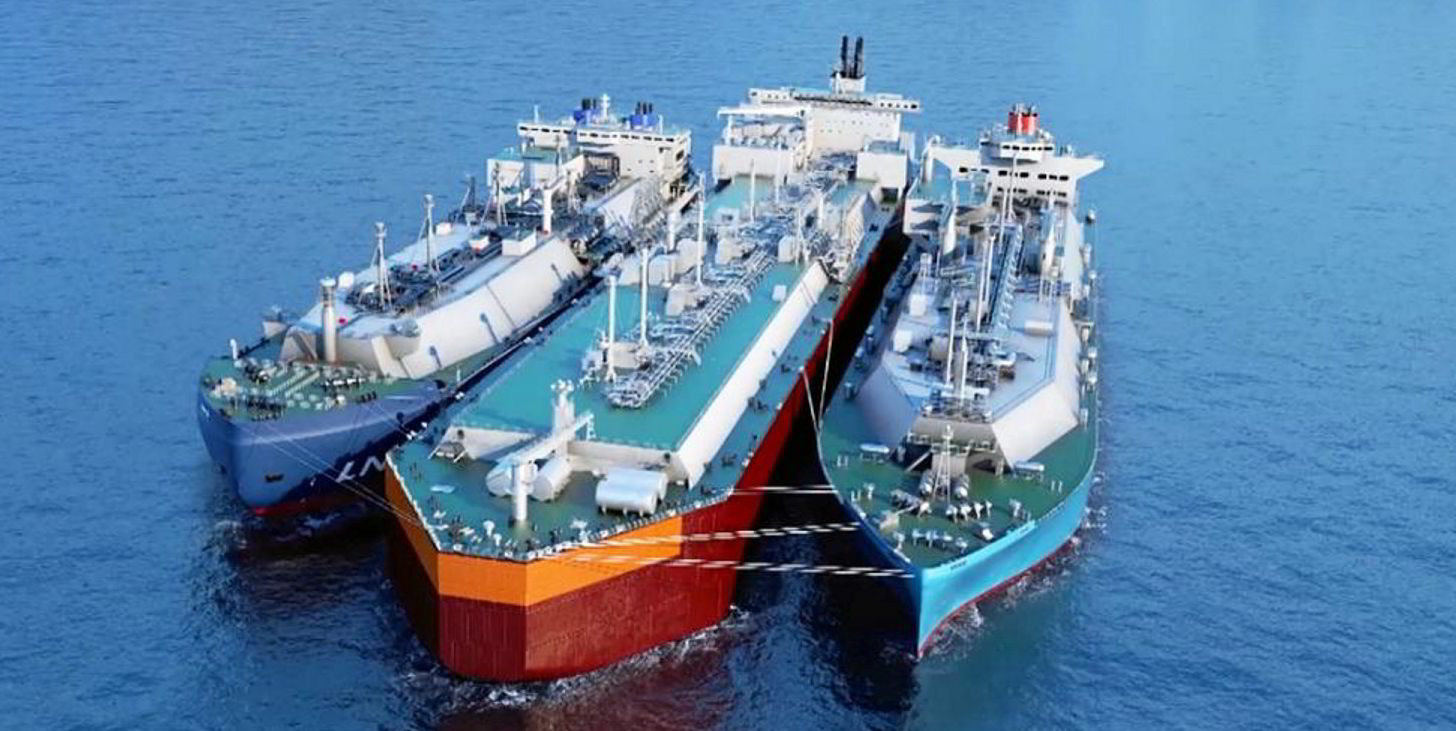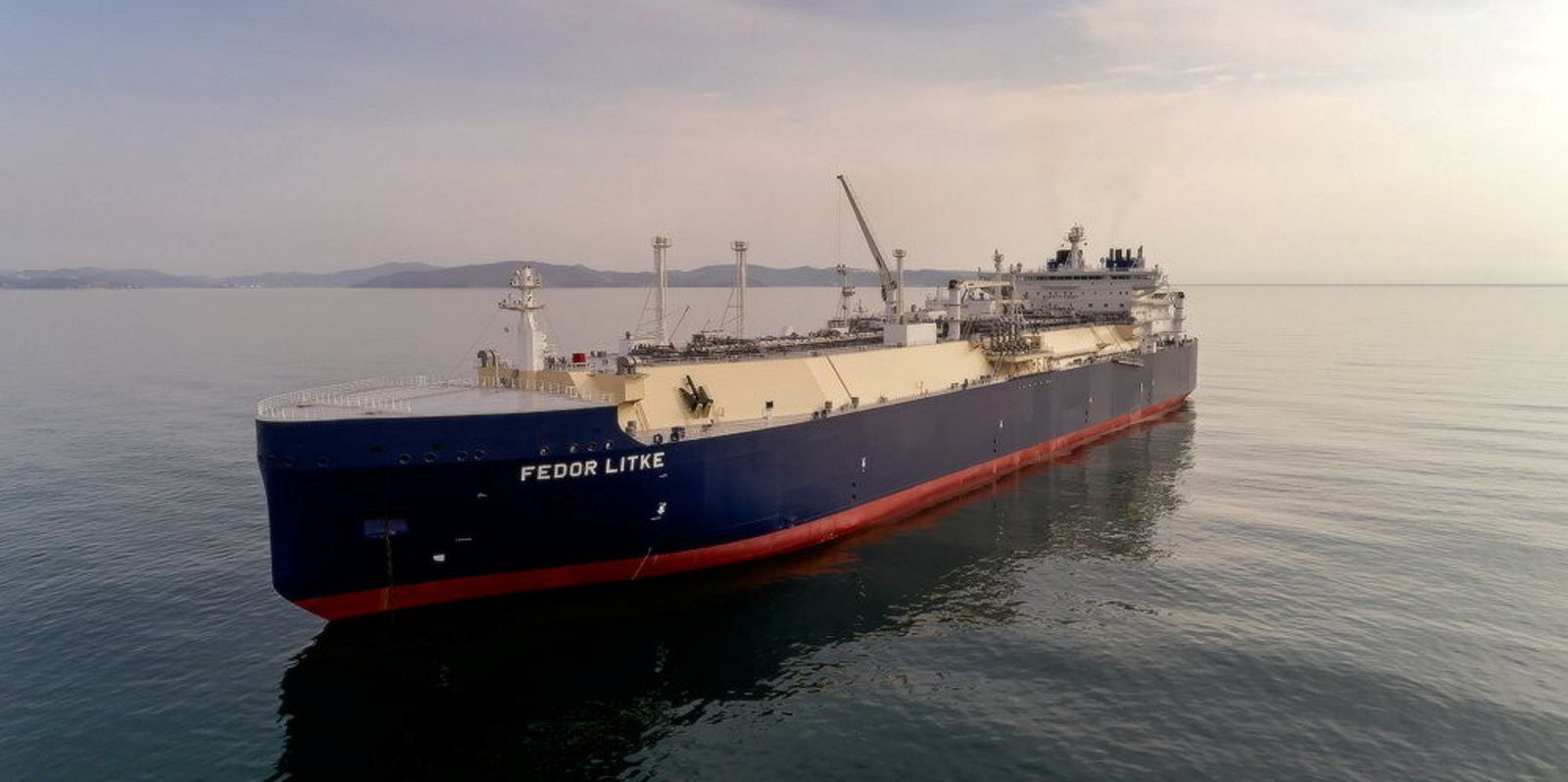Charter rates for LNG carriers trading spot cargoes rose slightly this week as the fallout from Russia’s invasion of Ukraine started to hit international markets leaving participants unclear as to how shipping will be affected.
Brokers said a “flurry” of spot fixtures were concluded after some exceptionally quiet weeks of chartering in February.
The Baltic Exchange's US to UK Continent rate estimate for a tri-fuel diesel-electric LNG carrier rose $68,349 per day today to $91,212 per day.
One shipowner said there has been a return towards return trip economics for vessels.
“I think it will get busier,” he said, “but we don’t know how long this volatility or lack of clarity is going to last.”
Market players said portfolio players are withdrawing their LNG carrier tonnage which they have previously offered as relets, in the current uncertainty over trading, which in theory could tighten vessel availability.
Europe continues to dominate over Asia on imports, amid the sky-high gas prices seen this week on the back of conflict in the region.
Brokers said this is likely negative for LNG carriers in the near term due to the shorter tonne-miles for shipments from the US. But ultimately Far East buyers will also need to restock.
The term time-charter market was described as “active”.
Owners and brokers mentioned enquiries from charterers like Brazil’s Petrobras, which is seeking a vessel for three years, and Polish charterer Polskie Gornictwo Naftowe i Gazownictwo (PGNiG) that needs three ships to take on one-year period hires.
Oman LNG, China National Offshore Oil Corp, Repsol and Singapore LNG were others either fixing or in the process of securing term tonnage.
Australia’s Woodside is also expected in the market for time-charter business.
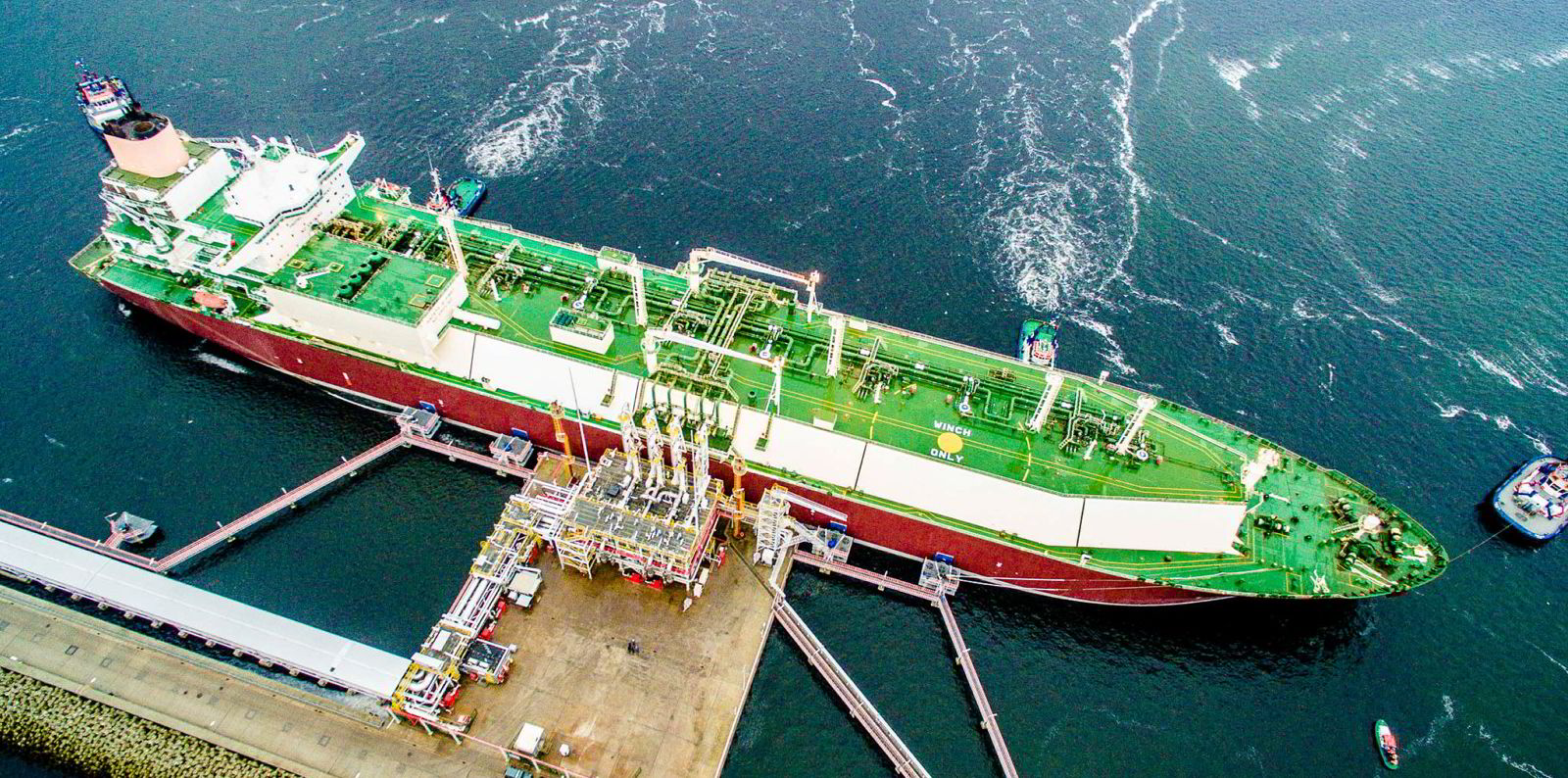
But one owner commented that while there is an uptick in time-charter activity “nobody appears to be in a rush” [to fix].
Brokers said shipowners do not feel panicked as the term market looks healthy and is expected to remain that way.
Several reported being swamped with questions from journalists and market commentators about what the conflict will mean for the sector.
One broker spoke of the market as being “really perplexing”, adding that there are so many risks that are beyond normal risks that it is impossible to give a view on what may occur.
This week all eyes remain locked on Russia’s exports from the Novatek-led Yamal LNG project as several of its 15-chartered Arc7 vessels head to European import terminals.
Kpler senior LNG analyst Laura Page said on Wednesday that Russian LNG exports out of the Yamal, Russia’s Sakhalin II and the small-scale Vysotck terminal are continuing to load as normal.
“Russian gas supplies will likely be the last in line when it comes to sanctions due to Europe’s high dependency and no alternative sources of supply big enough to replace Russian volumes in the short-term,” Page said.
On Friday Kpler senior editor Camille Klass said: “Several Yamal LNG-chartered vessels that were earlier signalling their arrival at ports in France and Spain are waiting for orders to sail to new destinations suggesting a pre-emptive move by Yamal LNG ahead of a possible ban by the EU on Russian ships entering its ports.”
